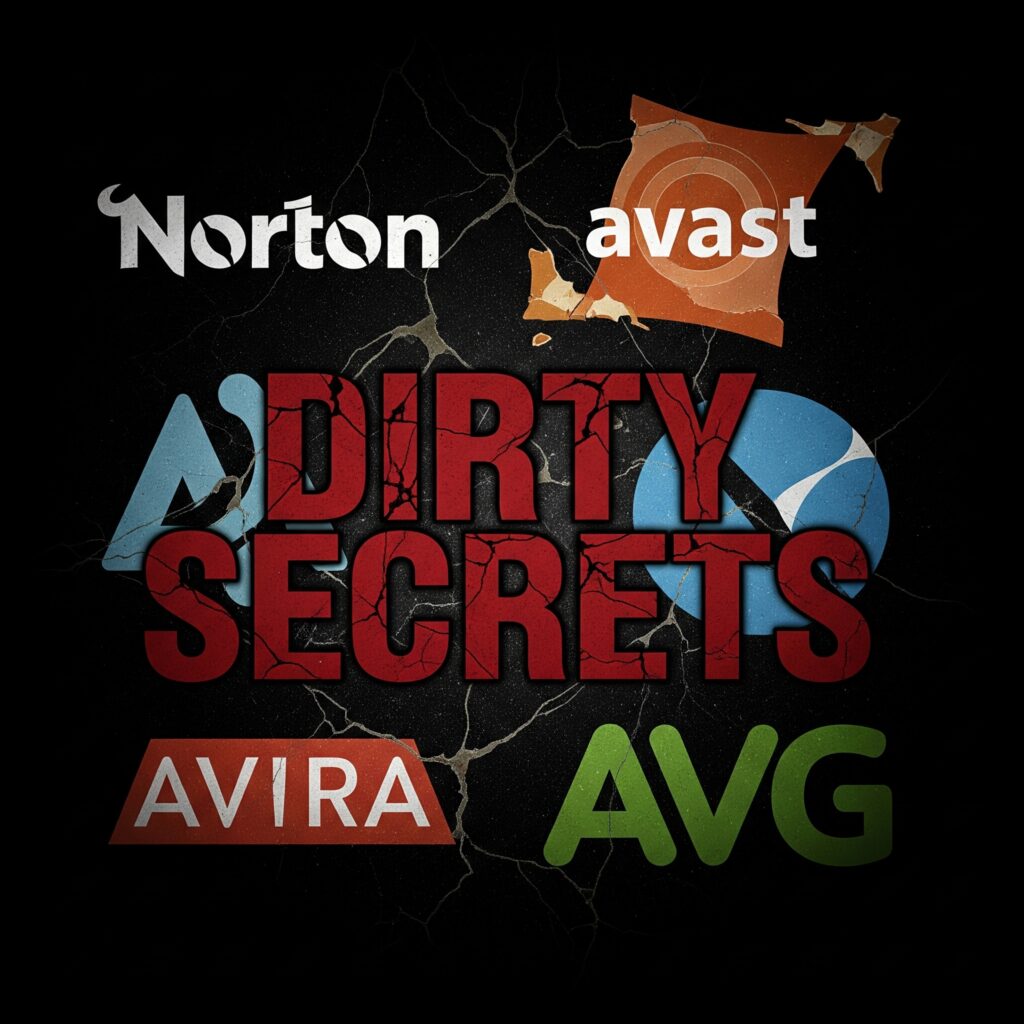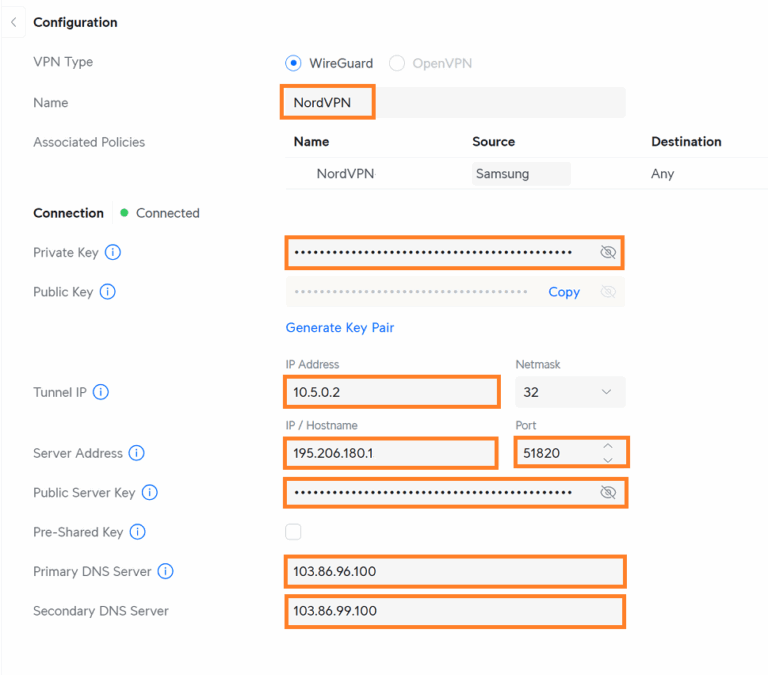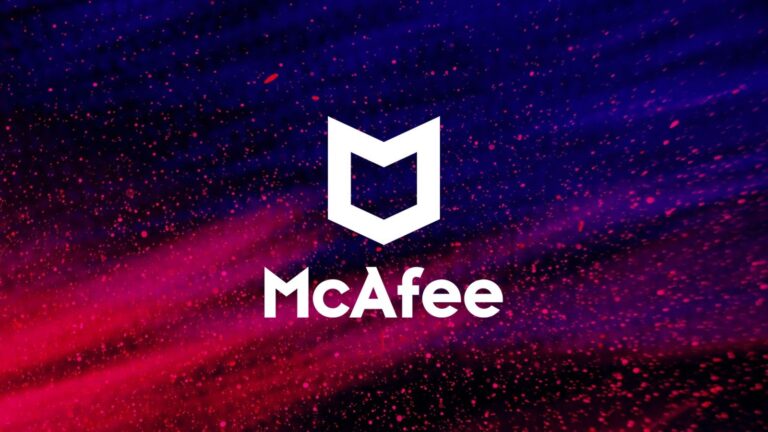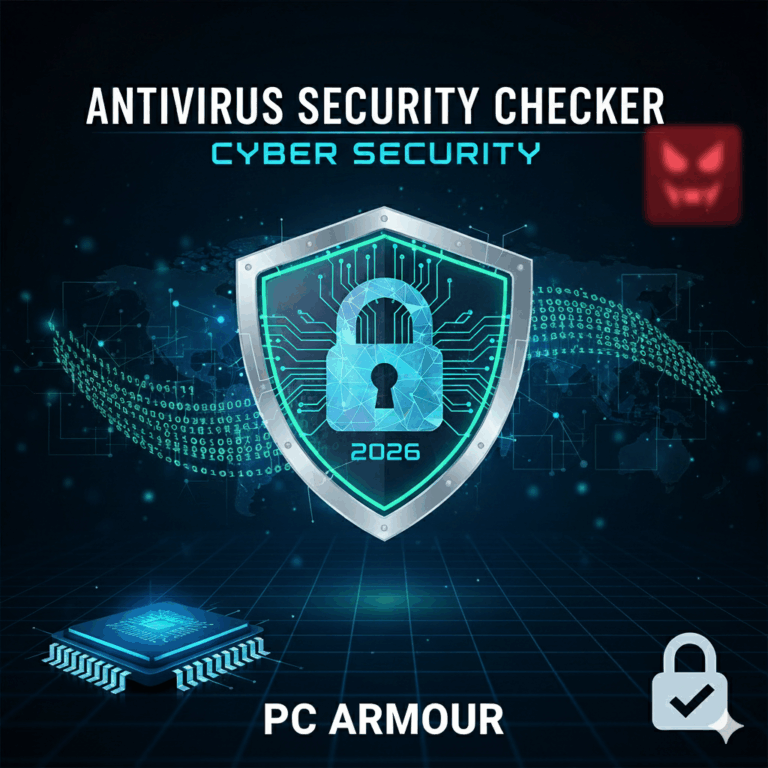Do you want to know the truth behind some of the most popular Anti-Virus companies?
Norton, Avast, Avira and AVG are all the same company – “Gen Digital Inc” – each are branded untrustworthy, ineffective and underhanded.
McAfee (click to read more) is already known as the worst anti-virus company, but its shocking to see how Gen Digital is the leading the pack overall.
FTC Order Will Ban Avast from Selling Browsing Data for Advertising Purposes, Require It to Pay $16.5 Million Over Charges the Firm Sold Browsing Data After Claiming Its Products Would Block Online Tracking
FTC says despite its promises to protect consumers from online tracking, Avast sold consumers’ browsing data to third parties
Here is a list of products you may recognise:
Cybersecurity:
Norton: A well-known cybersecurity brand offering products like Norton AntiVirus, Norton 360, and Norton Utilities.
Avast: Provides free and paid antivirus solutions for individuals and businesses.
LifeLock: Offers identity theft protection services.
Avira: A popular choice for free and paid online security solutions.
AVG: Another popular cybersecurity brand offering a range of products.
ReputationDefender: Provides online reputation management services.
CCleaner: A system optimization tool for cleaning up unnecessary files and improving computer performance.
Other Products:
MoneyLion: A financial app that helps users borrow, earn, and learn about money.
GOBankingRates: A personal finance resource offering tips and information to help people live richer.
SONAR: A system optimization tool that can be used to diagnose and repair problems.
Recuva: A data recovery tool that can help recover lost or deleted files.
Speccy: A system information tool that provides detailed information about a user’s computer.
Defraggler: A disk defragmentation tool that can optimize the performance of hard drives.
HMA: A VPN (Virtual Private Network) service that helps users protect their online privacy.
Gen Digital Inc makes billions of dollars from these products and the focus really is just that.. making money at your expense!
The company shares headquarters in both Prague, Czech Republic and Arizona, USA. Originally called Symantec Corporation and NortonLifeLock.
A long time ago, Symantec used to be a reputable brand with great software and it was the go to product but now its the last product we would recommend.
Gen Digital purchased all of these once good brands and geared them into a profitable solution but at the expense of quality and trust.
Most are spying on users by collecting a lot of personal data to sell to third parties or to manipulate people for profit.
These anti-virus systems tend to be bloated, slows computers down, have lower detection rates than advertised and bundles other unwanted solutions into the install.
No home user should use them and no business hoping to protect their staff should use any of their business products. Even IT companies may try to promote them because there is a good commission rate for selling their services.
Gen Digital spends a ton of money promoting and ranking their products online especially with ‘review’ websites that are accepting payments to promote their products as leading solutions or alternatively bundling them into installation of new computers or other software.
Its hard for everyday computer users to see through the smoke and mirrors.
They have had many chances to change their ways but it has been a case of ‘say one thing and secretly do another’.
You simply cannot trust any of the sub brands of Gen Digital Inc.
Avast and AVG collect and sell your browsing history: What you need to know
We will no longer continue to support these companies who continue with these bad practices.
Antivirus Scrutiny of Norton, Avast, Avira, and AVG:
Leading antivirus software providers Norton, Avast, Avira, and AVG have each faced their share of public criticism and negative press, ranging from performance issues and privacy concerns to security vulnerabilities and questionable sales tactics. Consumers and tech analysts have raised various concerns over the years, impacting the reputation of these widely used cybersecurity tools.
Norton – has frequently been criticized for its impact on system performance, with users reporting high CPU usage and noticeable slowdowns, particularly during scans. The software has also been flagged for generating false positives, incorrectly identifying safe files as malicious. Beyond performance, Norton has faced complaints about its subscription costs, perceived as expensive by some users, and the intrusiveness of its notifications and pop-up alerts. Installation and update difficulties have also been reported. More critically, Norton has been labeled as “bloatware” or “crapware” by some users, who find it difficult to uninstall completely, with some going as far as to describe its behavior as akin to malware itself.
Performance Issues / Bloatware / Difficult to Uninstall:
- A search like “Norton antivirus bloatware” or “Norton difficult to uninstall Reddit” will yield many user discussions about the problems.
- Look for recent reviews on sites like PCMag, TechRadar, Tom’s Guide and check their “Cons” sections.
Costly Subscriptions / Renewal Practices:
- This is often a point of contention in user reviews and consumer affairs discussions. Search for “Norton antivirus subscription complaints.”
Aggressive Pop-ups/Notifications:
- Often cited in user reviews and forums. Search “Norton aggressive pop-ups” or “Norton too many notifications.”
Avast – has been at the center of a significant data privacy scandal. The company was found to be collecting and selling user Browse data through a subsidiary, Jumpshot, leading to a $16.5 million fine by the FTC. This incident severely damaged user trust. Avast has also been criticized for the CCleaner malware infection, where its popular system cleaning tool was compromised. An internal network breach further compounded security concerns. Users have reported that Avast can be resource-heavy, causing system slowdowns and issuing annoying pop-up advertisements. While its free version is popular, some reports indicate mixed results in malware detection. A recent high-severity vulnerability (CVE-2025-3500) allowing for privilege escalation has also drawn negative attention.
Internal Network Breach:
Avast Blog Post (Disclosure): “Update on the CCleaner APT Investigation” (October 21, 2019)
https://blog.avast.com/update-ccleaner-apt-investigation-october-2019
News Coverage : “Avast says hackers breached its network, possibly to target CCleaner users again” – ZDNet (October 21, 2019)
Data Privacy Scandal (Jumpshot – Sold User Data):
- FTC Press Release (Official Action): “FTC Order Will Ban Avast from Selling Browse Data for Advertising Purposes and Require It to Pay $16.5 Million Over Charges the Firm Sold Data Without Consent and Deceived Users About How It Would Use Their Browse Information” (February 22, 2024)
- News Coverage : “Avast to pay $16.5M and stop selling web Browse data to settle FTC charges” – TechCrunch
Vulnerability :
- Search for “Avast antivirus vulnerabilities CVE” on sites like NIST NVD or CVE.mitre.org. Searching for recent Avast CVEs is shocking.
- Past vulnerability report (CVE-2022-26523, which also affected AVG): “Avast Antivirus Multiple Vulnerabilities” – Tenable (March 24, 2022)
https://www.tenable.com/security/research/tra-2022-10(This discusses CVE-2022-26522 and CVE-202c2-26523)
Avira – has faced criticism regarding the efficacy of its free version, with some independent testing labs showing mixed results. Users have pointed out that browser protection in the free offering is limited to browser extensions, and its bundled free VPN comes with a restrictive data cap. Frequent prompts to upgrade to paid versions and the presence of advertisements in the free software have also been sources of user frustration. Historically, Avira has had security incidents, including vulnerabilities reported between 2013 and 2016 that could have potentially put user backup data at risk or allowed account hijacking, though these are older concerns.
Mixed Test Results / Free Version Limitations / Ads:
- This is best observed by looking at comparative reviews on tech websites and the detailed reports from testing labs like AV-Test and AV-Comparatives, then cross-referencing with user discussions on forums about the free version’s ads and upsell prompts.
- Example of a review noting free version limitations and ads (reviews change, so this is illustrative of where to look): Search for “Avira Free Antivirus review” on sites like TechRadar, PCMag. The “Cons” section or discussion of the free tier often highlights these.
AVG – shares some similar criticisms as the rest. Users have reported high CPU usage during scans, leading to system performance degradation. The detection of false positives has also been a concern. AVG’s free version is considered limited, lacking features like comprehensive phishing protection. Some users have found its knowledge base unhelpful and its paid tiers problematic due to significant price increases upon renewal. AVG also has a noted “poor privacy history,” which included a browser extension being temporarily removed from the Chrome store in 2019 for spying, although it has since been reinstated. Vulnerabilities (CVE-2022-26522, CVE-2022-26523) that could allow for privilege escalation have affected both Avast and AVG products.
Performance Issues / False Positives:
- Similar to Norton, these are often discussed in user forums and tech reviews. Search “AVG antivirus high CPU” or “AVG false positive forum.”
Privacy Concerns (Browser Extension – AVG SafePrice):
- News Coverage Example: “AVG and Avast Antivirus were spying on you — here’s what to do” – Tom’s Guide (referencing issues around 2019-2020)
- This often relates back to the Jumpshot scandal as Avast owns AVG.
Vulnerabilities (Shared with Avast):
- The same Tenable link for Avast often applies: “Avast Antivirus Multiple Vulnerabilities” – Tenable (March 24, 2022)
https://www.tenable.com/security/research/tra-2022-10(This discusses CVE-2022-26522 and CVE-2022-26523 which affected AVG as well)
These issues span performance impact, privacy breaches, security vulnerabilities, the limitations and upsell tactics of free versions, and overall user experience frustrations.
What is the only product that is both more popular and worse than Norton, Avast, Avira and AVG… You guessed it – McAfee.
Frustratingly we used to advise people not to use a product that is free because this means – you are the product.
But in this case – you pay to be the product and its a premium.
Also be very careful of all browser plug ins/extensions, all VPN solutions (except ProtonVPN and Nord) and privacy tools/browsers that are free.
If you are looking to use reputable anti-virus software for your home or business – try Malwarebytes/ThreatDown(Our Pick), BitDefender or ESET.







